According to the representative of VNCERT/CC, the fact that many parents unintentionally share their children's images and personal information online is also a big danger, which can lead to negative impacts on the children.
Many dangers and risks 'lurk' children in the online environment
The workshop "Promoting cooperation in protecting children in the online environment" was organized by the Vietnam Information Security Association - VNISA in coordination with the Department of Information Security (Ministry of Information and Communications) within the framework of the event Vietnam Information Security Day 2024.
Vice President of VNISA Dang Vu Son commented that as the most vulnerable group, children face many risks because they do not have enough skills to identify and avoid risks online, and this is not only a problem for Vietnam but also a global challenge.

According to Ms. Phan Thi Kim Lien, child protection program manager of World Vision Vietnam, 9 out of 10 Vietnamese children use the Internet and they use it every day.
The digital environment has become present in every aspect of everyone's life and this brings many opportunities as well as many risks to children's development.
Sharing the same view, Ms. Dinh Thi Nhu Hoa, Head of Information Security Inspection Department - VNCERT/CC Center also stated that the increase in the number of children using the Internet is leading to many dangers, and pointed out 5 typical dangers from the Internet that can negatively impact children.
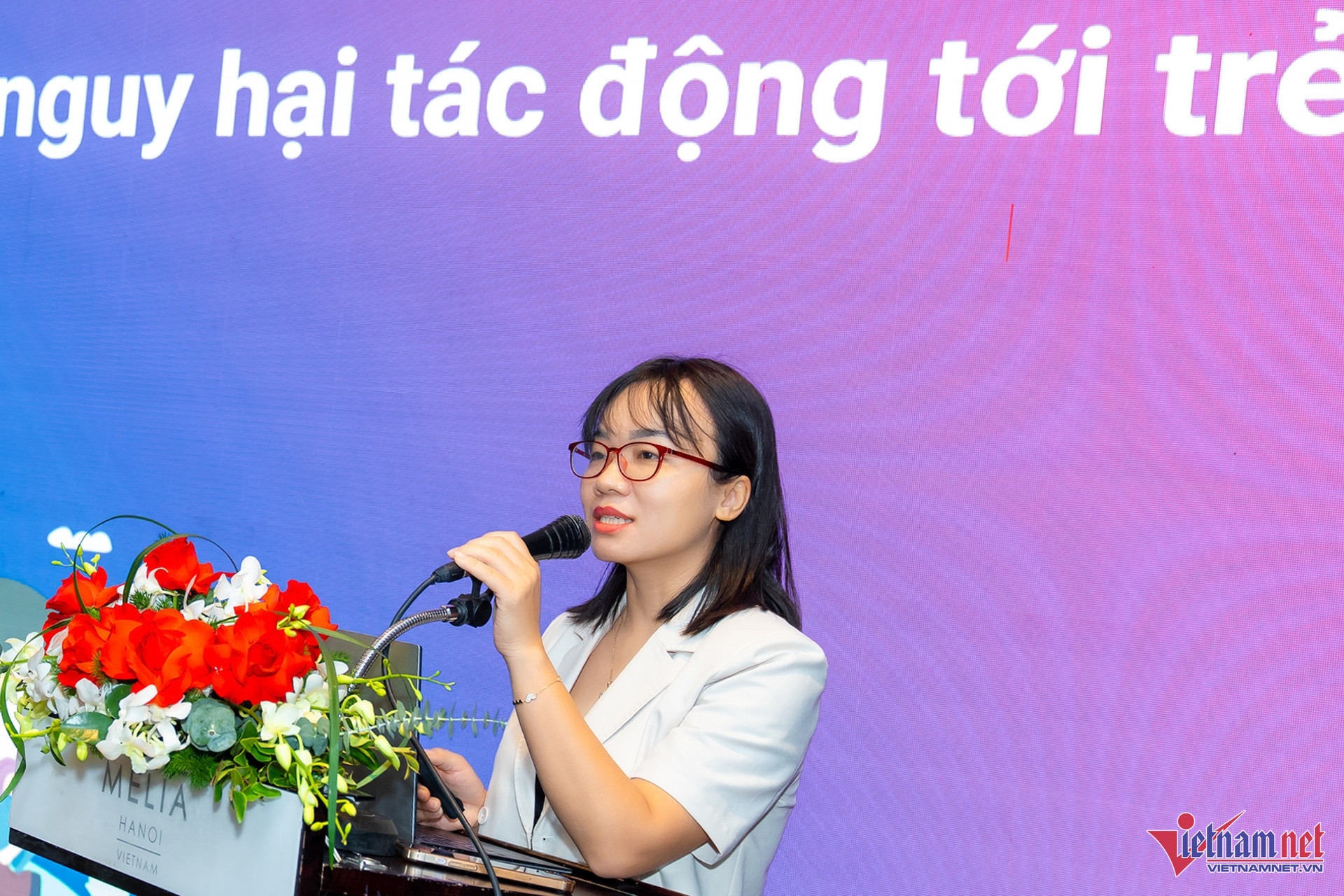
Specifically, children may be exposed to inappropriate information sources such as accessing dark web sites with bad content and being exposed to cyber violence.
“If not detected early, this information will negatively affect children's psychology, physical health and behavior,” Ms. Hoa shared.
The fact that many parents unintentionally share their children's images and personal information on social networks is also one of the major dangers that causes children's private information to be spread, leaked, and can have negative impacts on them.
Another danger and risk from children using the Internet too much is that they become addicted to games, social networks and the Internet.
WHO data shows that about 70 - 80% of children aged 10 - 15 like to play online games, of which the rate of children addicted to games is about 10 - 15%.
In parallel, according to Ms. Hoa, two other major dangers to children from the Internet are online bullying and being lured, enticed, harassed, scammed, and forced to participate in illegal activities.
'Key' to solving child protection challenges
Speaking at the workshop, VNISA Vice President Dang Vu Son said that the Program to protect and support children to interact healthily and creatively in the online environment until 2025 has mobilized the active participation of agencies, organizations and businesses.
However, in practice, there are still limitations in connecting and coordinating among stakeholders.

Affirming that VNISA is committed to working with state agencies, organizations and businesses to realize initiatives to protect children online, Mr. Dang Vu Son emphasized: “Connection and cooperation are the key to solving challenges and bringing greater efficiency to child protection online.”
Regarding an outstanding activity of the Vietnam Child Protection Club on cyberspace, Mr. Ngo Tuan Anh, Chairman of the Club, said: “Issued in June 2024, the basic standard TCCS:03 VNISA will contribute to the development of the ecosystem of products and services for child protection. This is also a premise to promote the participation of parties as well as a large number of users in the work of protecting children online”.
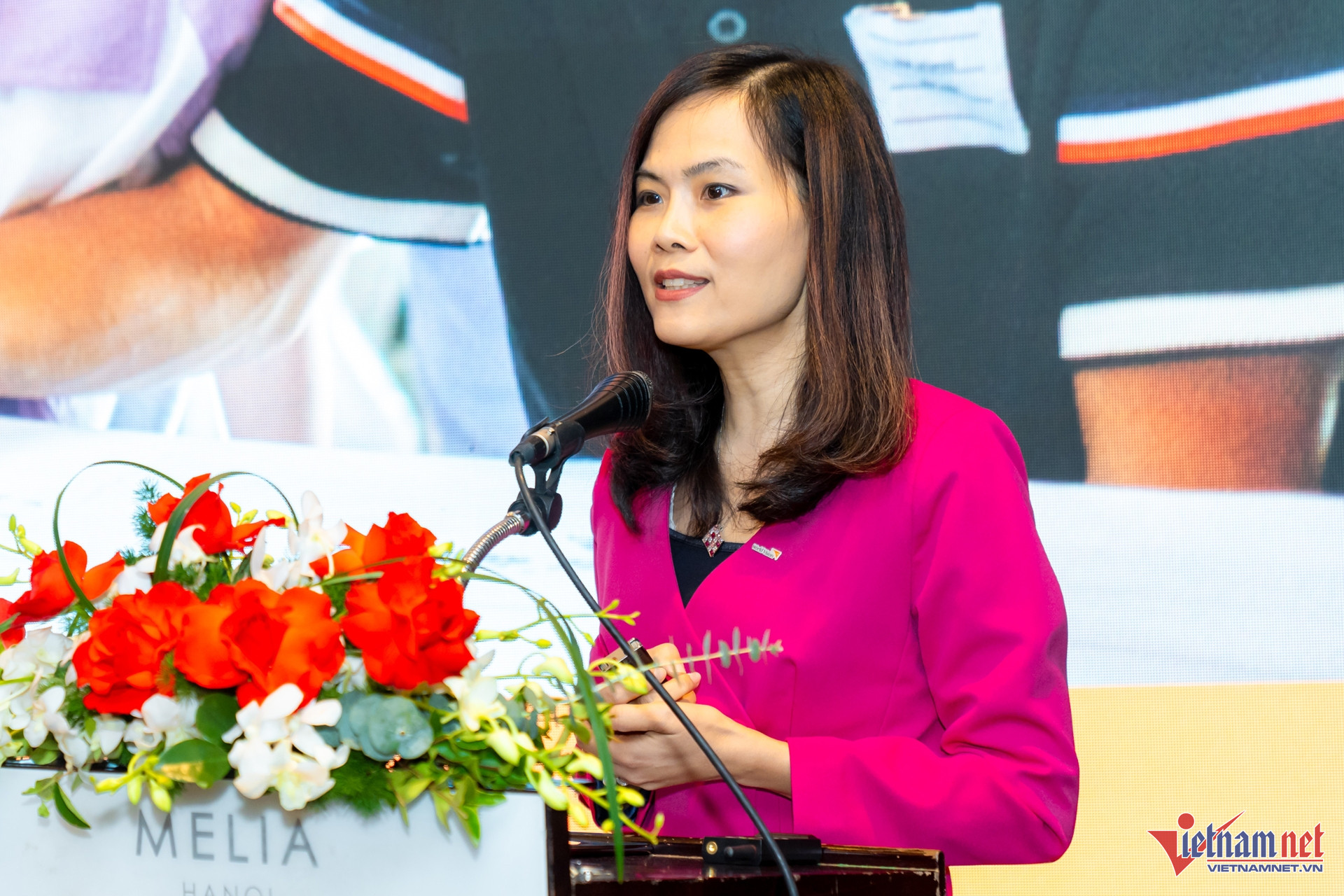
Sharing a child-centered approach, Ms. Phan Thi Kim Lien analyzed: On the Internet, children are users and also content creators; are victims and can also be the perpetrators; are objects but can also be subjects and partners in implementing protection and prevention measures.
With the above perspective, Ms. Lien recommends a series of measures such as: Raising awareness, capacity, role and responsibility of children, promoting online culture in young people, providing advice and support to children with harmful behaviors, improving children's ability to keep up with changes in technology, soliciting children's opinions in educational communication programs, services and related policies...
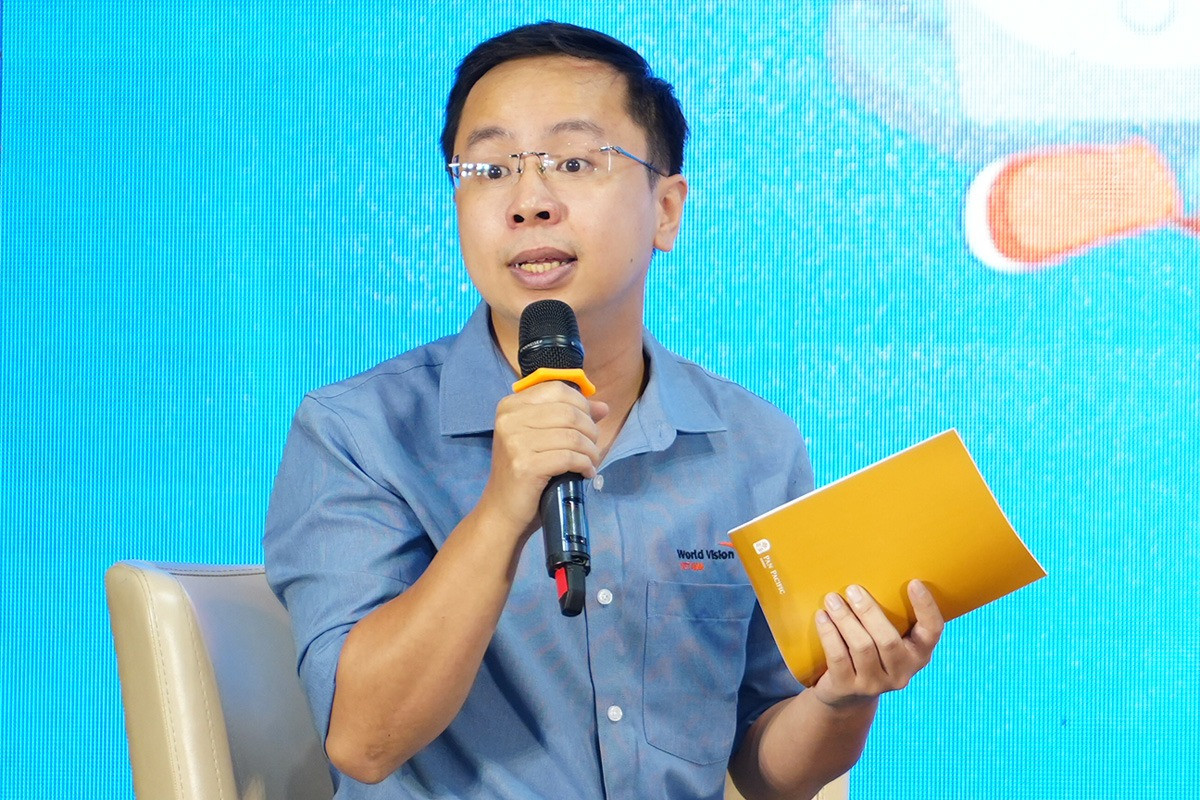
Source: https://vietnamnet.vn/moi-nguy-lon-tu-viec-phu-huynh-chia-se-thong-tin-ca-nhan-cua-tre-tren-mang-2344402.html


![[Photo] Prime Minister Pham Minh Chinh meets with US business representatives](https://vphoto.vietnam.vn/thumb/1200x675/vietnam/resource/IMAGE/2025/5/13/5bf2bff8977041adab2baf9944e547b5)



![[Photo] President Luong Cuong attends the inauguration of the international container port in Hai Phong](https://vphoto.vietnam.vn/thumb/1200x675/vietnam/resource/IMAGE/2025/5/13/9544c01a03e241fdadb6f9708e1c0b65)






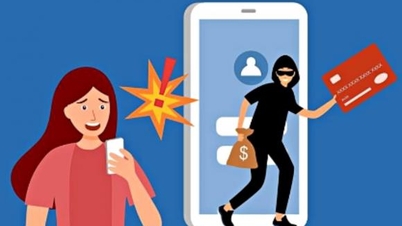



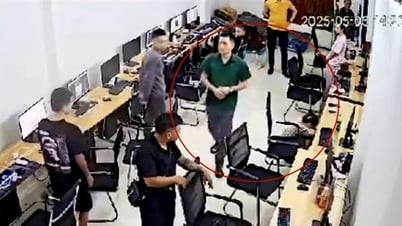
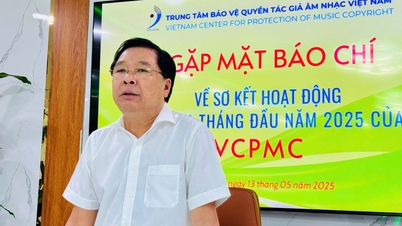



































































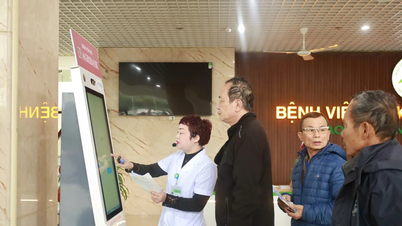

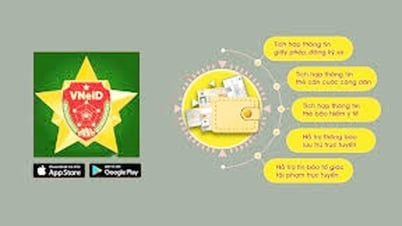

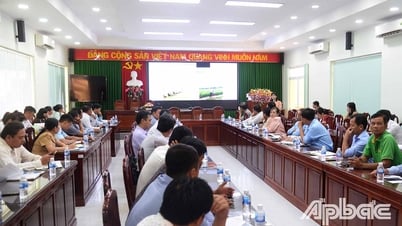












Comment (0)